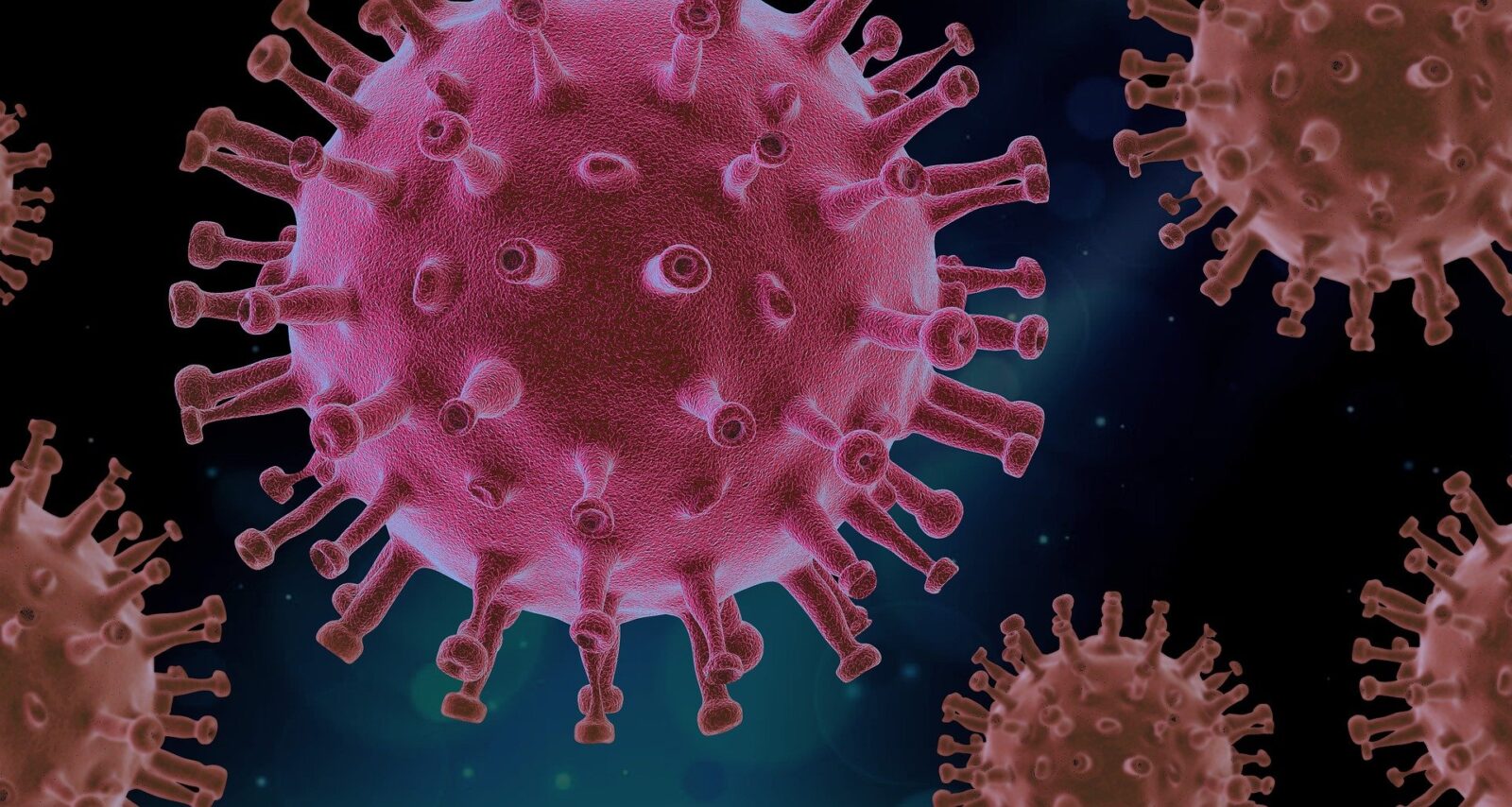Public figures who might have trouble answering questions about their COVID-19 vaccine status often deflect reporters’ questions by accusing them of violating the Health Insurance Portability and Accountability Act.
In the middle of 1990s, medical records became electronic and there was a need to simplify administration of health insurance. This resulted in creation of HIPAA law. However, as Alan Meisel, law professor and bioethics expert at the University of Pittsburgh points out, the Health Insurance Portability and Accountability Act does not prohibit anyone from asking someone about their health status.
Are you wondering whether asking a question about your coworker’s COVID-19 vaccination status is HIPAA-compliant? If so, then you’re in the clear. The HIPAA Health Insurance Portability and Accountability Act of 1996 makes it a crime for any covered entity to fail to protect the privacy of health information it collects from individuals. Violators may be fined or even imprisoned for up to one year. HIPAA also requires covered entities to take reasonable measures to protect the confidentiality of health information; provide individuals with a reasonable opportunity to opt out of receiving health information; and implement security systems to protect the privacy of personal identifiable health information.
Of course, HIPAA doesn’t apply to public health workers – i.e. people who go door-to-door in the name of preventing disease. If there’s any information about your medical information that you’re willing to offer to a third party for purposes of helping them comply with law or regulation, it’s not covered by HIPAA.
People from different political parties are now speaking out about the dangers of the delta variant, and they’re hoping to fight misinformation and convince people to get vaccinated. In the United States, the Center for Disease Control reports that more than 99% of people who die from COVID-19 are unvaccinated.












Leave a Reply